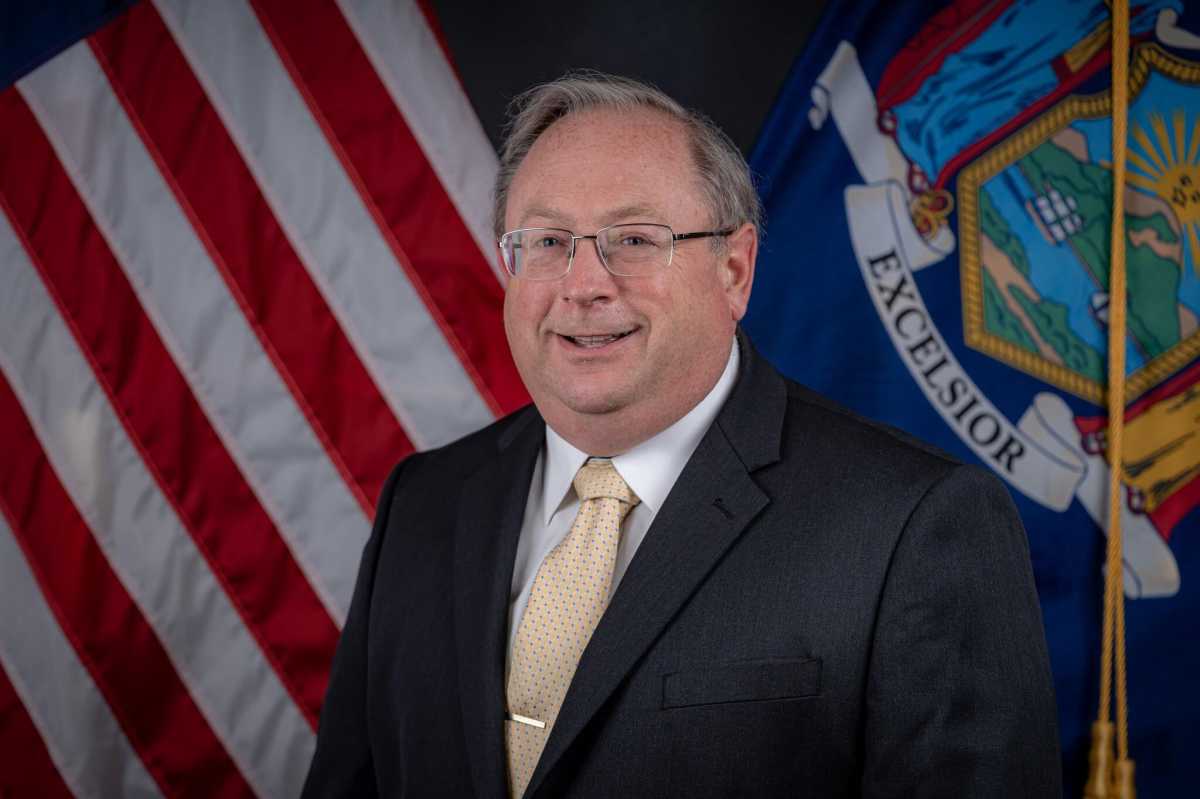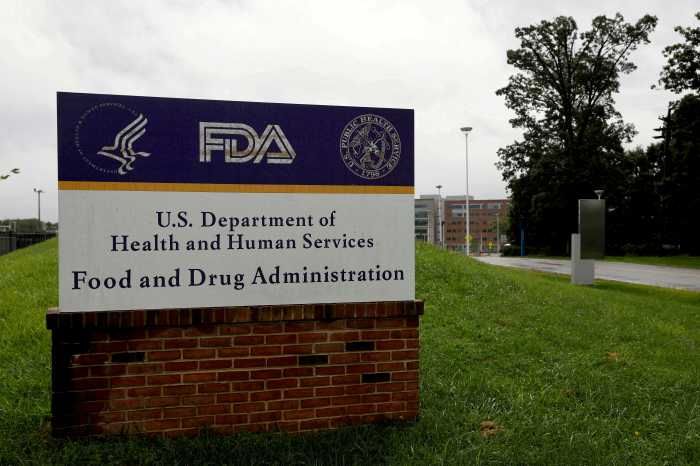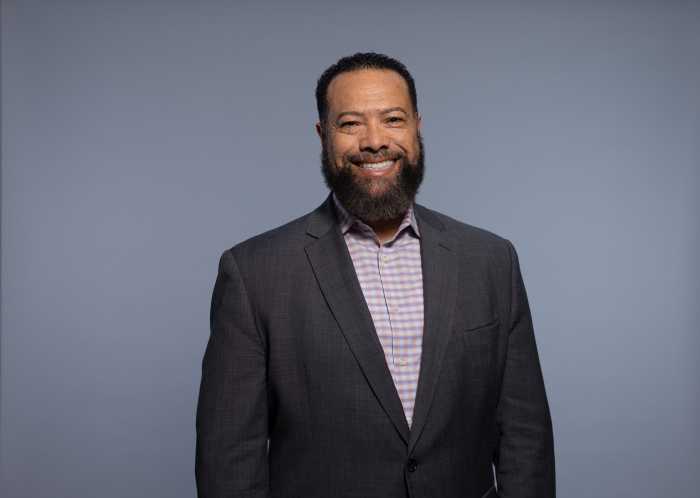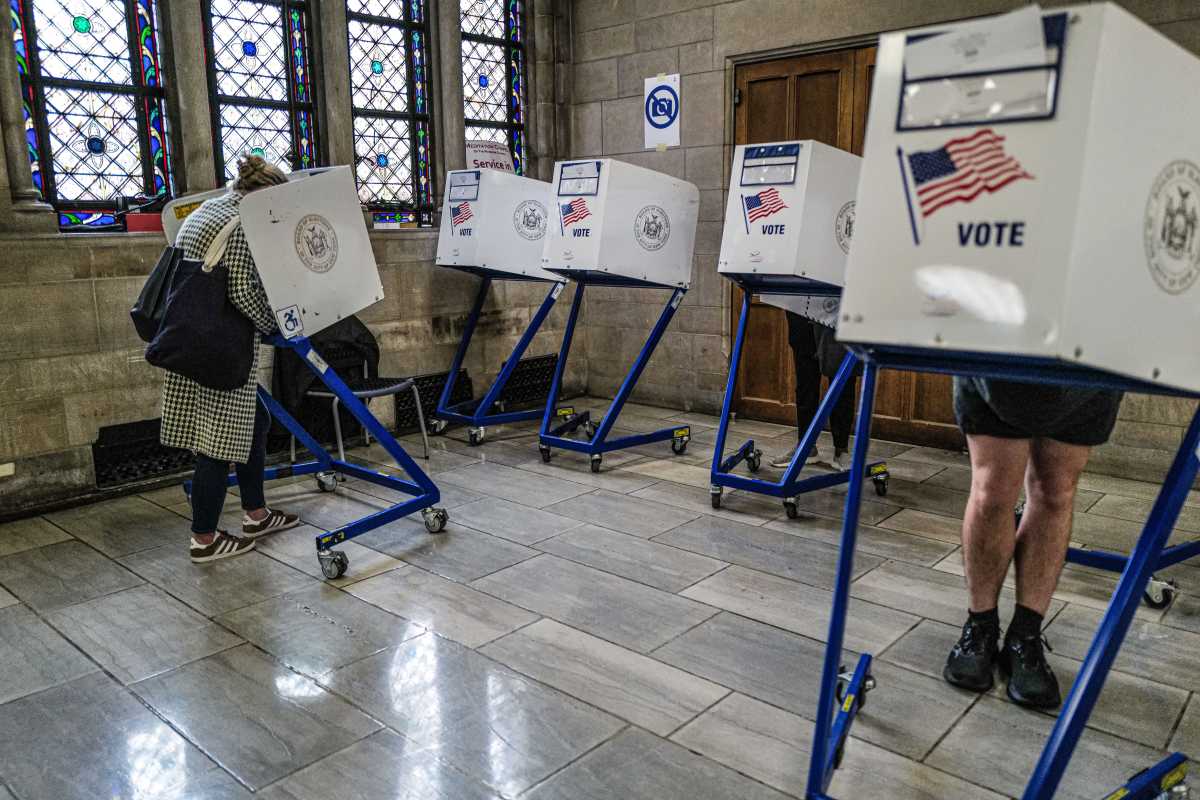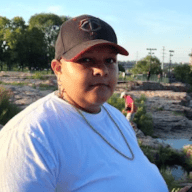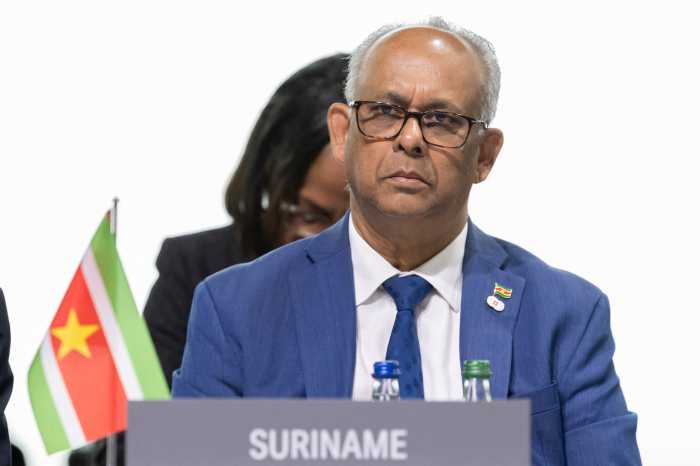New York State has reported its first case of a new mpox strain, Clade Ib, the state health department confirmed to Gay City News on Feb. 12.
New York joins California, Georgia, and New Hampshire among states that have confirmed cases of the strain, which differs from the one that was prevalent during the 2022 outbreak of mpox in the United States and elsewhere.
There are two different “genetic clades” of mpox, clade I and clade II, and both have subclades. According to the World Health Organization, Clade IIb was responsible for the 2022 outbreak. In the United States, mpox has primarily spread via sexual contact between men who have sex with men.
The case in New York involves a symptomatic individual who recently traveled to some part of Africa. There are no other known cases of Ib in the state.
“The individual who contracted the virus is under the care of a physician and isolated until the full resolution of symptoms,” State Health Commissioner Dr. James McDonald said in a written statement. “There is no known local transmission of mpox clade Ib in the community where the individual lives or anywhere within New York State. The JYNNEOS vaccine, a two-dose vaccine series that works to prevent mpox, is expected to be effective against mpox clade Ib and available for individuals at risk with the standing order I signed last year. There is no immediate risk to the general public.”
It is not clear where in the state the case was reported. In September of last year, McDonald sought to boost access to the two-dose Jynneos mpox vaccine by signing an order allowing pharmacists to administer it without requiring a prescription.
The first case of Clade I in the US was reported in California on Nov. 15 of last year. The case in New York came just days after New Hampshire reported its first case of Clade I on Feb. 7. The New Hampshire Department of Health and Human Services said at the time that there was no evidence of person-to-person spread of Clade I in that state or anywhere in the United States. The case in New Hampshire involved an individual who recently traveled to eastern Africa.
According to the Centers for Disease Control and Prevention (CDC), clade I has caused “a higher proportion of severe disease and been more transmissible than clade II within close-contact settings.” On August 14 of last year, the spread of clade I prompted the World Health Organization to declare a public health emergency of international concern.
A critical factor moving forward will be the long-term status of funding for the mpox vaccine, which calls for shots to be administered 28 days apart. Julian L. Watkins, an assistant commissioner of the Bureau of Health Equity Capacity Building at the NYC Department of Health, warned Gay City News last spring that the mpox vaccine was entering the commercial market, making it unclear whether shots would remain free in the future. Indeed, the New York Times reported in November that the federal government stopped offering free mpox vaccine doses when the vaccine, Jynneos, hit the commercial market in April of 2024, which created barriers for many vaccine candidates because many insurance companies had yet to cover the vaccine or only reimbursed a small amount of the cost. However, private insurance companies were required to cover the vaccine for free beginning on Jan. 1, according to the Times.
A staffer at the NYC Sexual Health Clinic Hotline told Gay City News on Feb. 12 that mpox vaccine shots remain free and available at the city’s sexual health clinics. Since the vaccine shifted to the commercial market, some facilities in the state continued to offer free vaccines until they ran out of supply. The vaccine costs roughly $270 on the commercial market, so an individual without insurance who is not visiting a state clinic could potentially be charged that price or more, depending on the location.
“Our Sexual Health Clinics offer no to low cost services to all New Yorkers, regardless of immigration status,” a New York State Department of Health spokesperson told Gay City News. “All of our Sexual Health Clinics offer mpox vaccine on a walk-in basis as a standalone service, and as part of other sexual health services.”
A CDC study released in 2024 suggested that higher levels of immunity and behavior changes would lead to a much smaller outbreak of clade I among men who have sex with men compared to the clade IIb outbreak.
“Despite a higher presumed transmissibility of clade I mpox compared to clade II, in 13 U.S. counties, simulated clade I outbreaks among [men who have sex with men] were smaller than ongoing clade II outbreaks,” the CDC noted. “The clade I outbreaks were likely smaller because of prior immunity from vaccination and previous infection, as well as the population’s related behavior change.”
Between Jan. 1 of 2024 and Jan. 9 of 2025, 420 people tested positive for mpox in New York City, according to the New York City Department of Health and Mental Hygiene.

